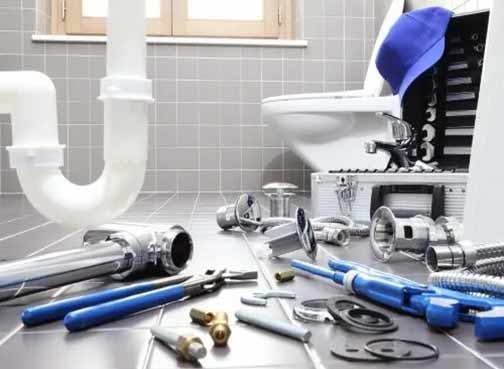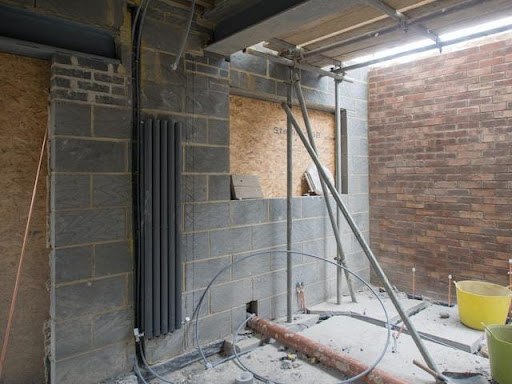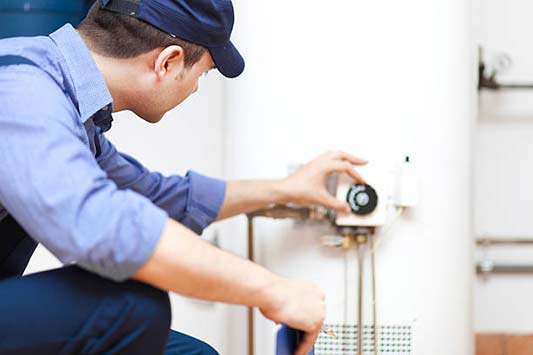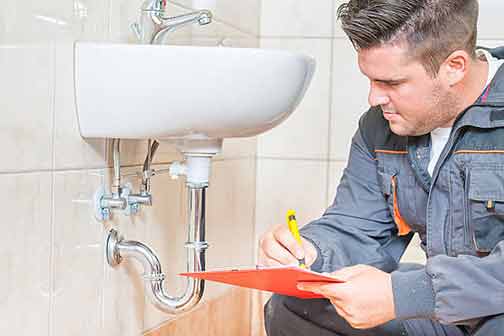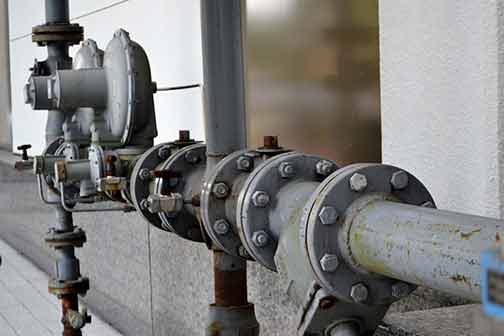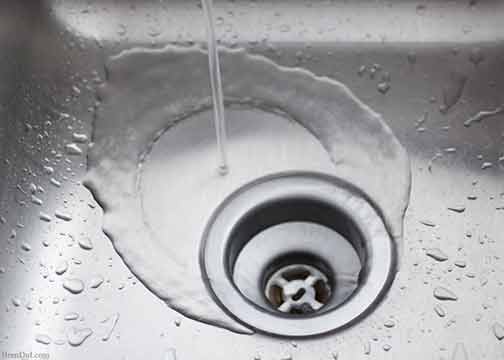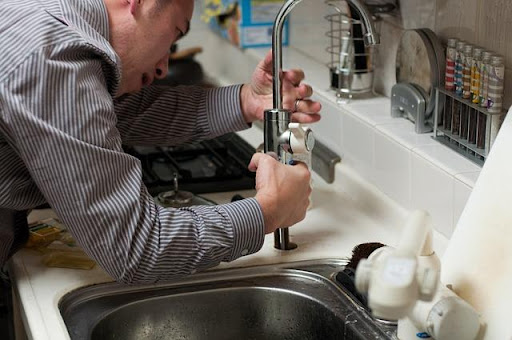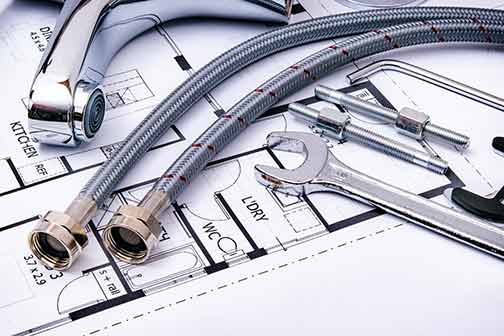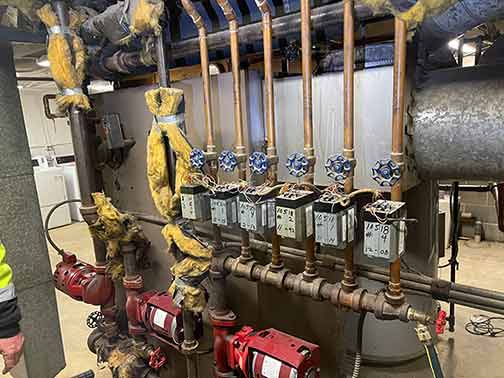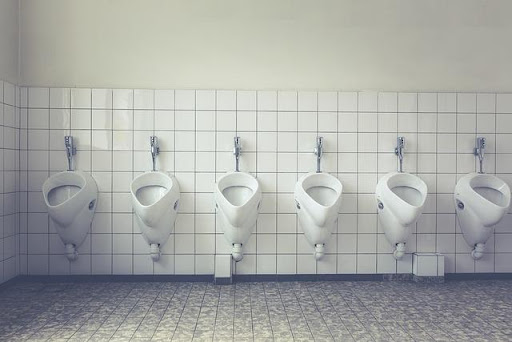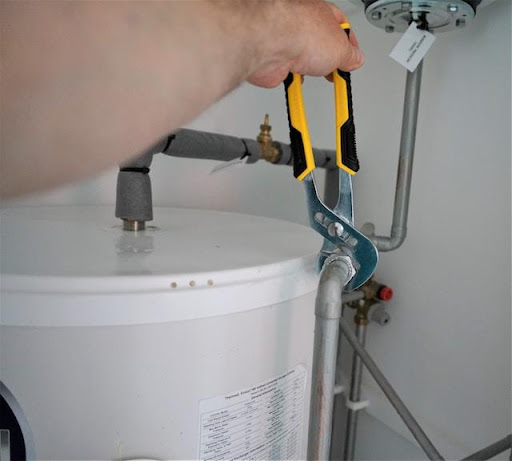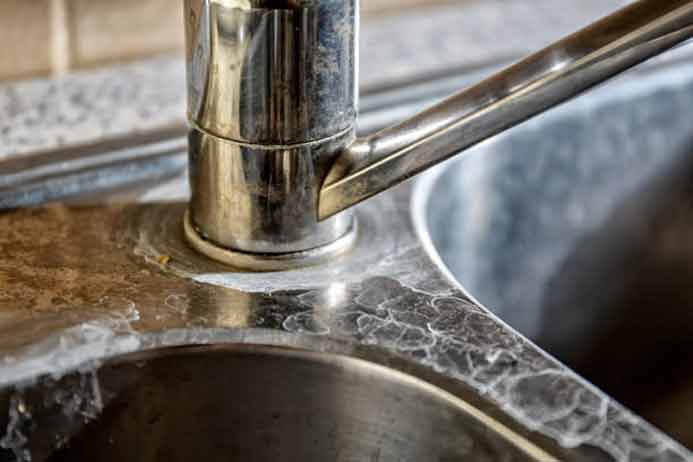Upgrade Your Home with the Help of Chicago Plumbing Experts
This article will provide you with valuable insights and expert advice on how to maximize the potential of your home’s plumbing system. Whether you’re planning to sell your property or simply want to improve its functionality and aesthetics, investing in plumbing upgrades is a smart choice.
The Benefits of Residential Plumbing Upgrades
Residential plumbing upgrades offer a wide range of benefits that go beyond enhancing the value of your property. Let’s take a closer look at some of the advantages you can enjoy:
- Improved efficiency and reduced water consumption
- Enhanced functionality and convenience
- Increased property value and market appeal
- Enhanced aesthetics and visual appeal
- Reduced risk of plumbing emergencies and costly repairs
Now that you understand the potential benefits, let’s explore some specific plumbing upgrades that can transform your property.
1. Modern Faucets and Fixtures
Upgrading your faucets and fixtures is one of the simplest yet most impactful ways to enhance your property’s appeal. Dated fixtures can make your home feel outdated and less appealing to potential buyers. By installing modern, stylish faucets and fixtures, you can instantly breathe new life into your kitchen and bathrooms.
Not only do modern faucets and fixtures improve the aesthetic appeal of your property, but they can also provide significant water savings. Look for WaterSense labeled products, which are certified to be water-efficient without sacrificing performance.
2. Energy-Efficient Water Heaters
Investing in an energy-efficient water heater is not only beneficial for the environment but also for your wallet. Traditional water heaters can account for a significant portion of your energy bill, especially if they are old and inefficient. Upgrading to a new, energy-efficient water heater can lead to substantial energy savings over time.
Consider investing in tankless water heaters or heat pump water heaters, both of which are highly efficient options. These technologies can provide hot water on demand while minimizing energy consumption.
3. Low-Flow Toilets
Did you know that toilets account for nearly 30% of the average home’s indoor water use? By replacing your old toilets with low-flow models, you can significantly reduce water consumption and lower your water bills.
Low-flow toilets are designed to use less water per flush without compromising performance. They are an excellent investment for both water conservation and cost savings.
4. Water Filtration Systems
Installing a water filtration system can greatly improve the quality and taste of your tap water. This upgrade is particularly appealing to health-conscious buyers who value clean, filtered water.
Additionally, a water filtration system can eliminate the need for bottled water, reducing your environmental impact and saving you money in the long run.
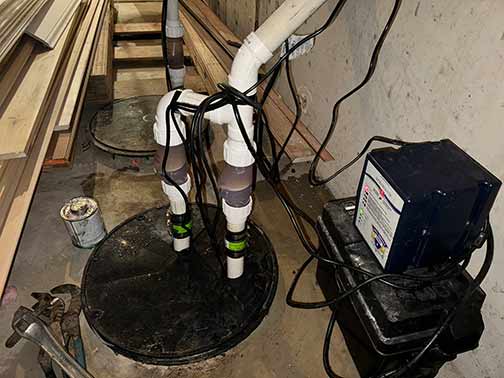
Installing or replacing your sump pump can help protect your property from water damage and mitigate the risk of basement flooding.
5. Sump Pump Installation
Living in Chicago, it’s important to be prepared for heavy rainfall and potential flooding. Installing or replacing your sump pump can help protect your property from water damage and mitigate the risk of basement flooding.
A sump pump automatically detects and removes excess water from your basement, keeping it dry and preventing water-related issues.
6. Upgraded Plumbing Pipes
If your property has outdated plumbing pipes, it’s crucial to consider upgrading them. Old pipes can be prone to leaks, corrosion, and other issues, which can lead to costly repairs and water damage.
Upgrading to modern plumbing pipes and materials, such as copper or PEX, can improve the durability and longevity of your plumbing system. It’s a valuable investment that can provide peace of mind and save you from unexpected plumbing emergencies.
7. Outdoor Plumbing Upgrades
Don’t forget about your outdoor plumbing when considering upgrades. Enhancing your outdoor spaces can significantly increase your property’s value and appeal. Some outdoor plumbing upgrades to consider include:
- Installing an outdoor kitchen or barbecue area with a water supply
- Adding an outdoor shower or spa
- Creating a functional and stylish outdoor laundry area
- Building an irrigation system or installing a French drain system for your garden or landscaping
Hire Chicago Plumbing Experts for Your Upgrades
When it comes to plumbing upgrades, it’s essential to work with professionals who have the expertise and experience to deliver quality results. The last thing you want is to invest in upgrades that fall short in terms of performance or longevity.
By hiring Chicago Plumbing Experts, you can ensure that your plumbing upgrades are done right the first time, saving you time, money, and unnecessary stress.
Enhancing your property value through residential plumbing upgrades is a wise investment. Not only can you enjoy improved functionality, efficiency, and aesthetics, but you can also increase your property’s market appeal and potentially fetch a higher sale price.
Remember to carefully consider which upgrades make the most sense for your property and speak with Chicago’s best plumbers for professional advice. With our help, you can transform your home and enjoy the benefits of a modern and efficient plumbing system.
Are you looking to upgrade some of your home plumbing? Contact us below!
